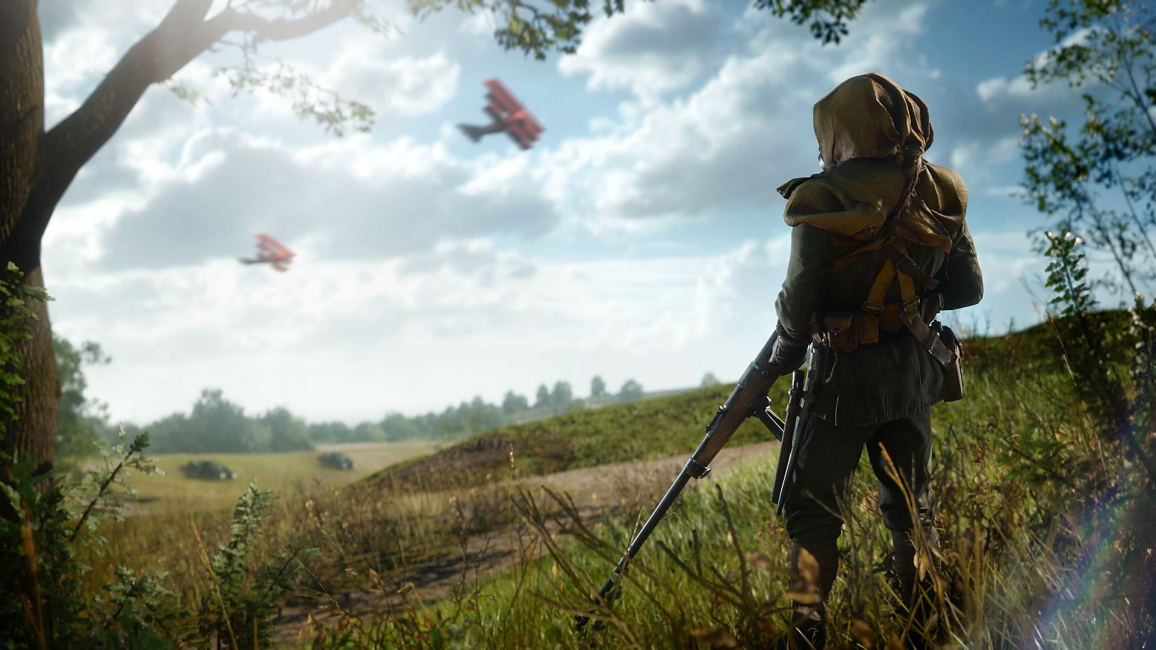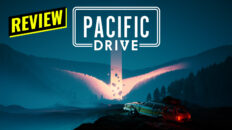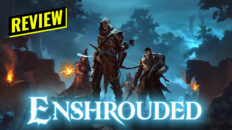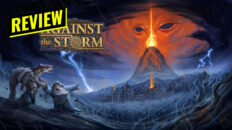I played through Battlefield 1’s single-player campaign and have few things I’d like to say about it. There will be some story spoilers
Battlefield 1 takes a seemingly unique approach to single-player campaigns in military shooters. In a time where new entries in the Battlefield and Call of Duty franchises come out every year, the single-player portion of these games have taken a back seat to the arcady, carrot-on-a-stick multiplayer experience. You really can’t blame the developers, as this is where a majority of players spend their time. However, there was a time when the single-payer campaign took precedence. Perhaps it was a shift in setting, or simply a belief that many didn’t care about the campaign, but we began to see a focus on big Hollywood Blockbuster style stories where the hero single-handedly beats the odds and saves the world from total annihilation… Over and over again. Ironically enough, the switch occurred with Call of Duty 4: Modern Warfare, and here we are nine years later with DICE taking a play directly from Infinity Ward’s original play book.
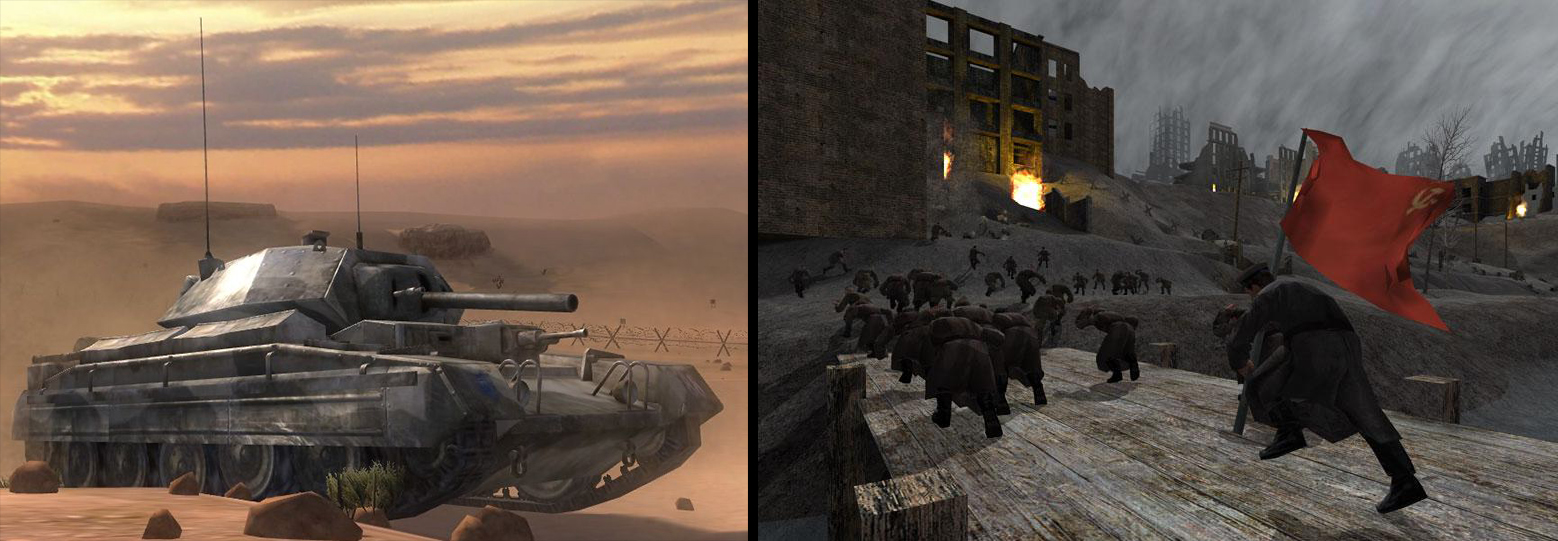
Call of Duty 2 was the first Call of Duty game I ever played. I was taken in by the intense, loud, and oppressive nature of the action. Bombs were falling, machine guns were popping, and grenades were flying. Simply put, the game made you feel like you were fighting in World War II. During the course of the campaign, you saw the war from the point of view of a Soviet soldier at Stalingrad, a British tank operator in Africa, and an American solider scaling a cliff face during the D-Day invasion. From a historical standpoint, this made for an informative and entertaining experience.
This format carried over into Call of Duty 3 and World at War, and offered multiple viewpoints into these historic conflicts. The characters and their heroics took a back seat to the setting, and managed to humanize the war in the process. This was lost in later installments that were more about one man armies, and clear lines between heroes and villains. Battlefield tried to mix it up with the Bad Company series, but ultimately abandoned it.
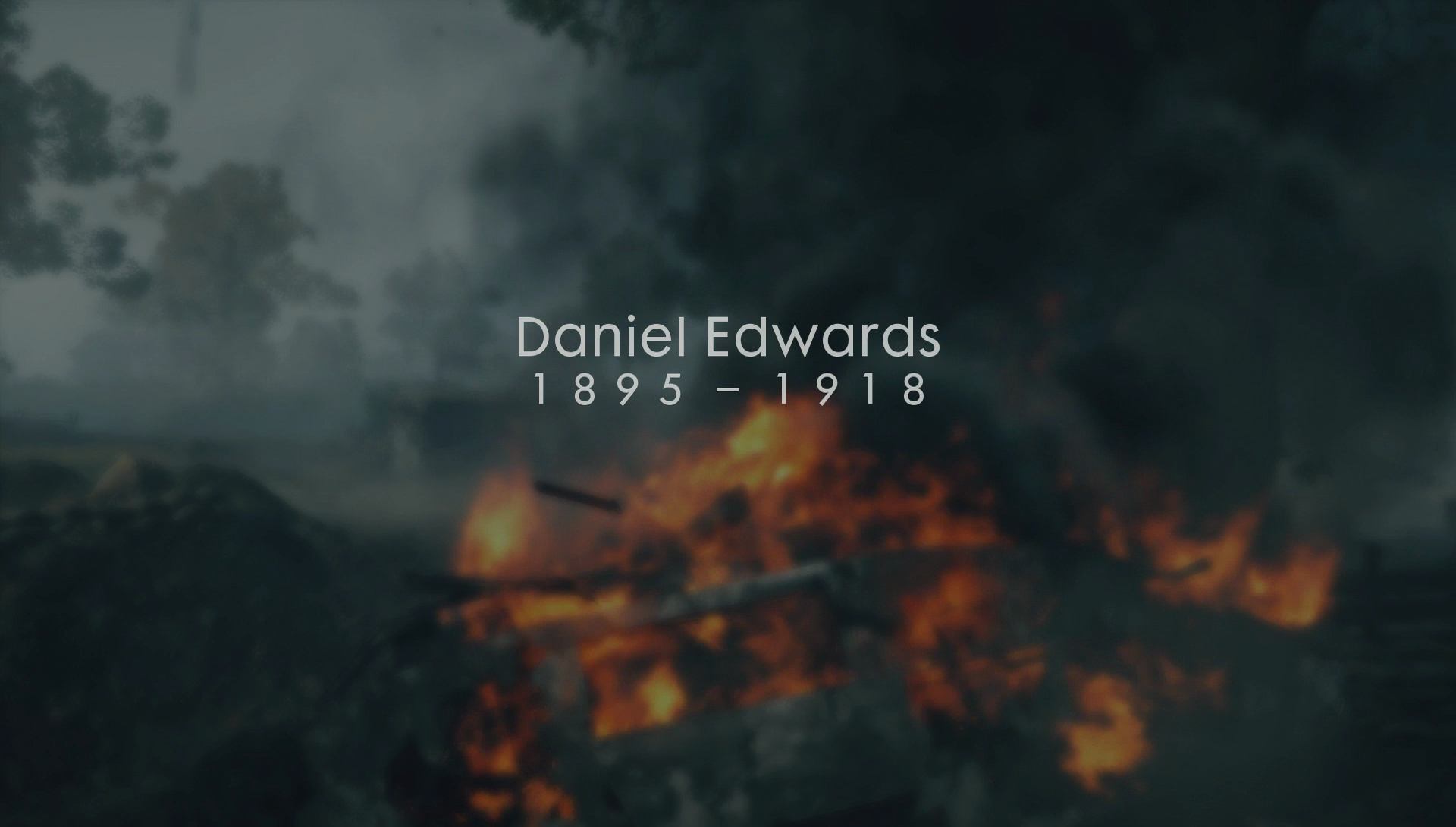
Fast forward to Battlefield 1, and we see DICE borrowing Infinity Ward’s original framework, building a single-player campaign that allows for the intense, action heavy set pieces that the series is known for, while also showing the raw nature of World War 1. During the campaign, you jump from theater to theater, seeing the war from both a macro and micro level. How it impacted the survivor’s every day lives through flashbacks, and in one particular instance, how history can be judged by those who tell it, rather than those who lived it.
The opening sequence is particularly interesting because it deliberately pits you against overwhelming odds, the game even tells you that you are not meant to survive. You are one of many, a wave of soldiers crashing against the enemy, being senselessly sent to your deaths. You see, WWI more than any other war, featured the starkest contrast between weapons technology and battle tactics. The old strategy of brute force, of sending as many men as you could muster at the enemy line hoping you’d over power them, didn’t work when one man with a machine gun could cut down 20 in a minute. For many, the reality was wallowing in a wet trench hoping a mustard gas canister or artillery shell didn’t find its way into your hole. This opening sequence does a startling job of showing the failure in these tactics, and hopelessness of fighting in this war. This wouldn’t have been impactful at all if you were a super man mowing down hundreds of soldiers while your allies shouted “Good work!”.
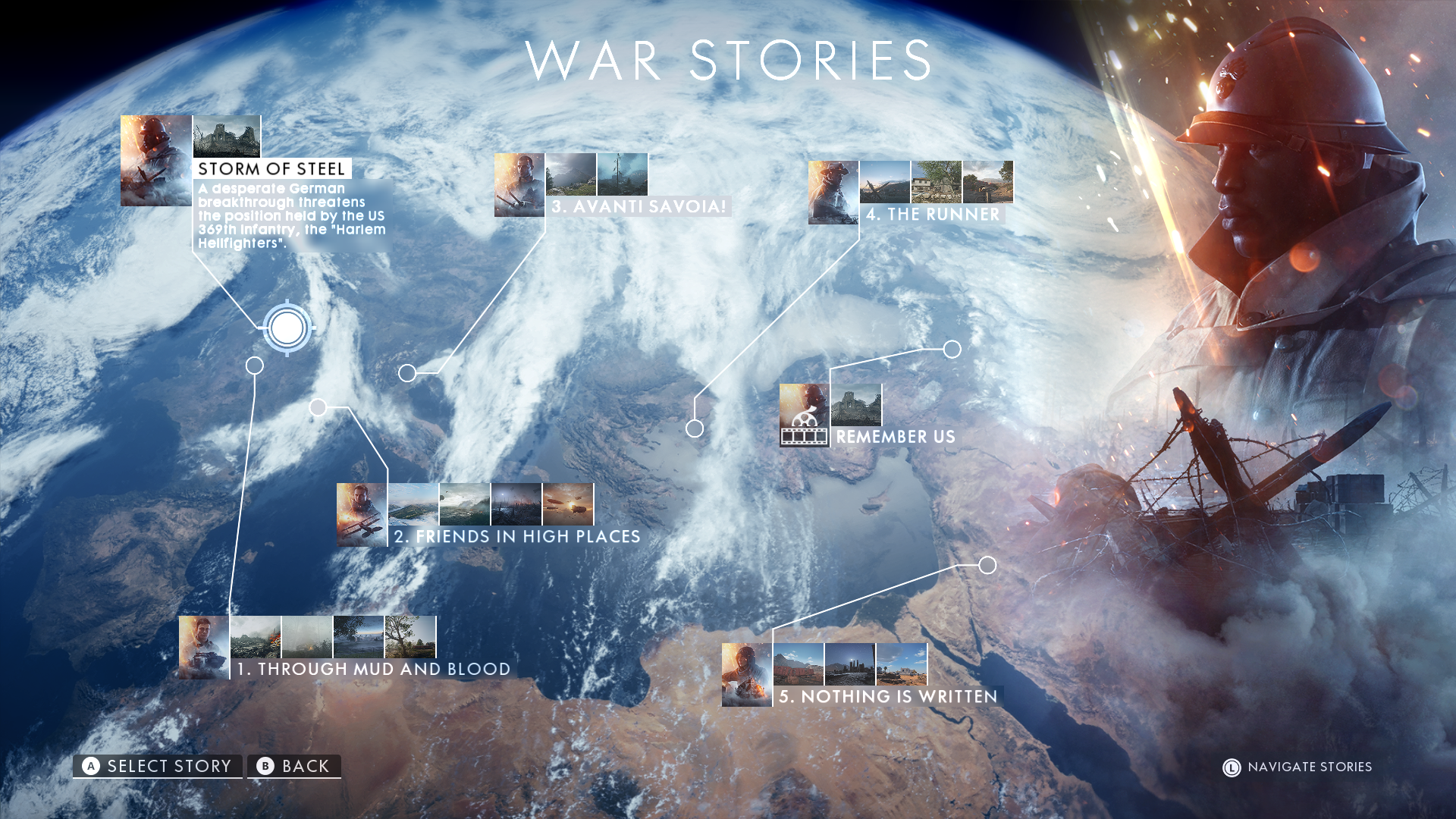
There are a few moments where the campaign takes some liberties with the source material. You often find yourself in possession of advanced weapons and equipment. In one sequence taking place in Italy, you adorn a set of bulletproof armor, resembling that of a medieval knight. While this type of armor did exist (simply doing a Google image search produced countless examples), nothing that I found looked as well-fitted or effective as what we see in the game. On the other hand, constantly repairing your tank because it breaks down is a nuisance I imagine really did plague the early days of tank warfare.
My favorite storyline has you play as a conniving American pilot masquerading a wealthy British officer, who narrates events as they unfold. You spend most of the time shooting down German planes in amazing-looking dog fights high above the ground. The plane combat is intense and the controls are very responsive, you really feel like an ace pilot taking down scores of red triplanes.
The final sequence has German zeppelins invading London, you crash land on top of one and run along the burning frame, taking out anti-aircraft weapons. The whole scene seems preposterous, even more so when the massive blimp, on fire, crashes into the water only to have the narrator miraculously survive, still able to pull himself up onto a pier. He then delivers the line, “What you heard from me is the truth. I wouldn’t tell you if it wasn’t. Would I?” Essentially setting himself up as an unreliable narrator, and thus putting into question the validity of the story you just saw. This is a clever twist that you rarely see in general, never mind in the context of a military shooter campaign.
This isn’t a review of Battlefield’s 1 campaign, it’s an analysis of why I think it is important to play it. It marks a sea change in the way these shooter campaigns are structured, but in reality it’s more like history repeating itself. The campaign has pacing issues; a reliance on stealth sequences, and has too many “by the skin of your teeth” moments. But after all, this is a video game and it must be entertaining. What I find special about this approach is that it opens up the door for a broader, more informative way to depict these wars that feels more authentic, even if that authenticity may be only skin deep. I’d like to see this applied to future or modern battlefields, providing them with more context and lore.


